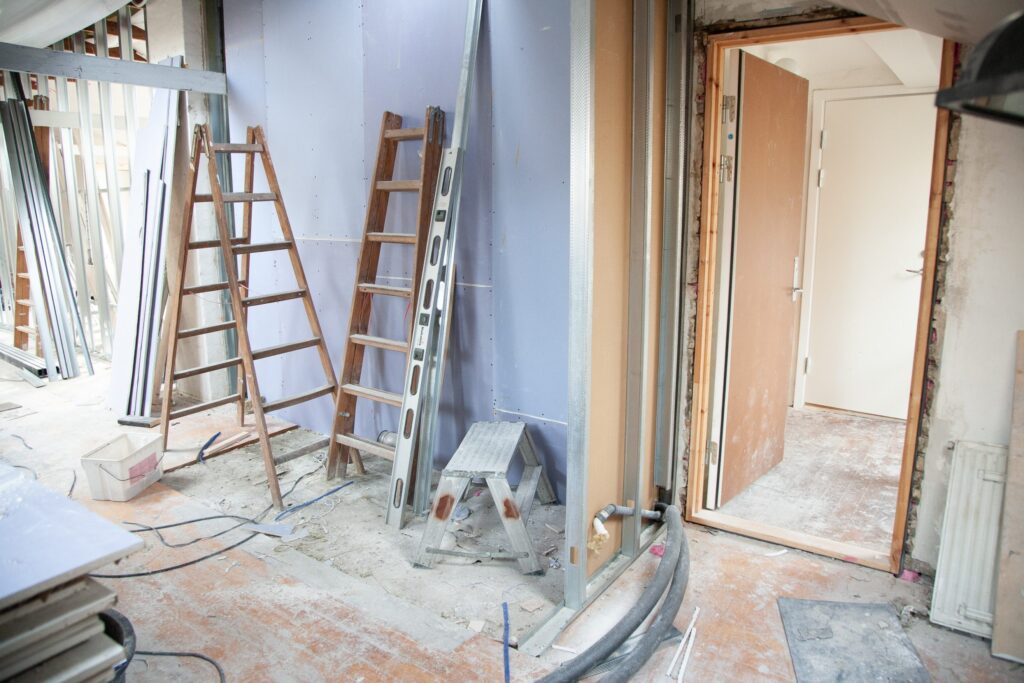You’ve Been Cited with a Building Code Violation. Now What?
Getting a notice of a code violation is not fun; you will likely have to make repairs to your home and pay a fine to the government. Faulty pipes, broken masonry, porches not built to code, and other problems can result in a time-consuming and expensive journey to get in compliance. Once the City has cited you, it is important to hire professionals such as architects, contractors, and attorneys who know and understand the enforcement process. When looking for an attorney, find someone who has appeared dozens of times at building court and knows the legal ins and outs of administrative hearings.
Some of the most common reasons a property is cited for a building code violation include crumbling and unsafe porches, obstructed entryways and exits (13-160-070 – Obstructions prohibited), and making improvements without a permit (13-32-130 – Operations without permit – Stop work order).
Ignoring the notices will not solve the problem. Until you bring your property up to code, the government will continue to inspect your property and fine you over and over again.
If you’ve been cited with a building code violation, it is essential to take immediate action.
Your first step is to hire an experienced administrative law attorney to deal with the local government whether it be the City of Chicago or a small village in McHenry County. With the right attorney on your side, you can focus on your property and not on the legal nuisances.
The second step is to make the necessary repairs on your property at once. It is important not to wait until after your administrative hearing to begin repair work on your property. By acting promptly, property owners can work to mitigate the legal and financial penalties of a building code violation by demonstrating to the administrative law judge that the problem is being corrected. Even if you can’t afford to fix everything, beginning the needed work will still help.
Do not make things worse. Don’t perform work if you need to pull permits. Hire an experienced architect and contractor who can guide you through the process.
If you have received notice of violation, call 1818 Legal today.
Other related articles:
Unpermitted Porch or Other Home Improvement: Am I Liable for Fixing the Previous Owner’s Work?



